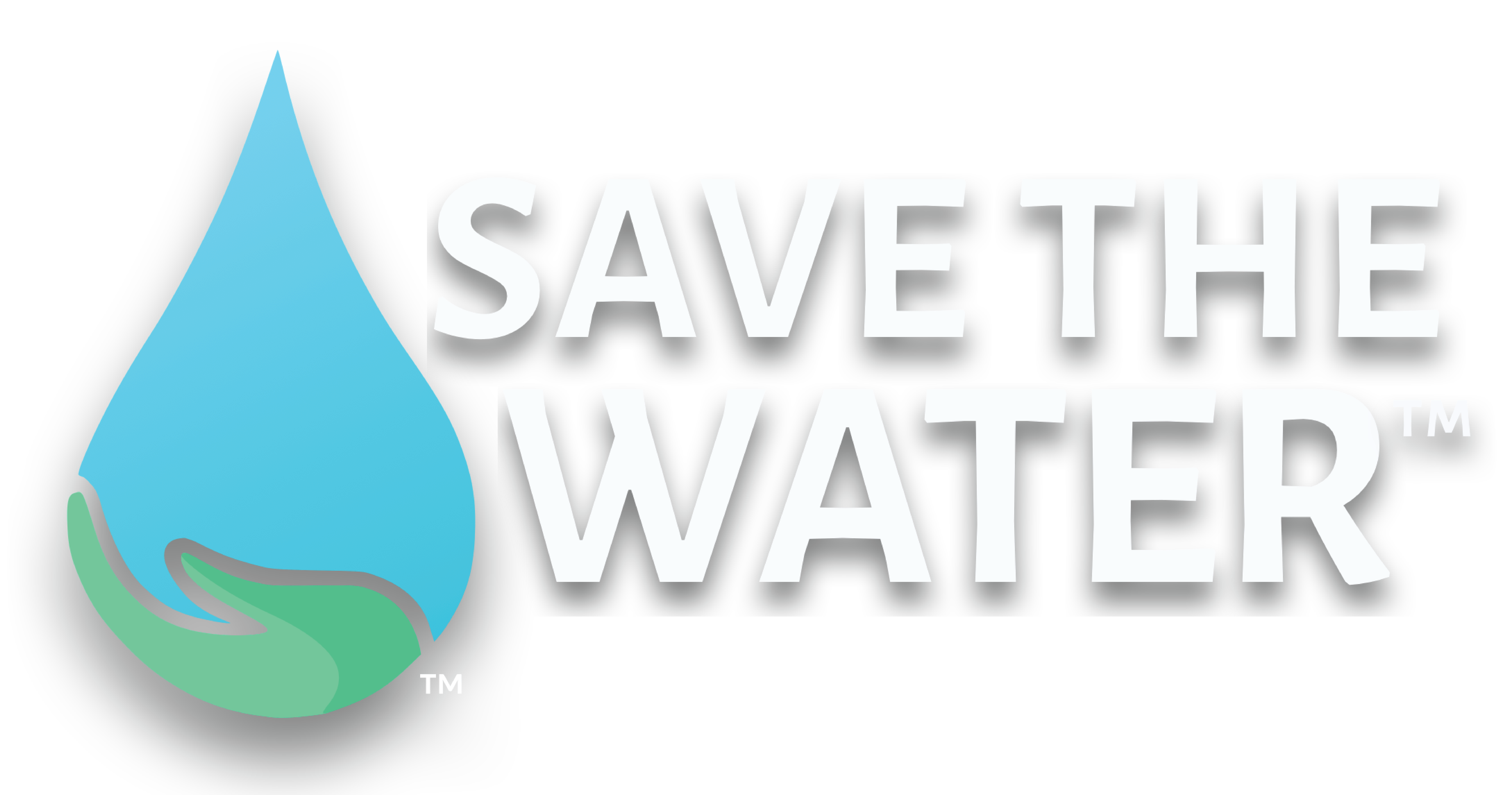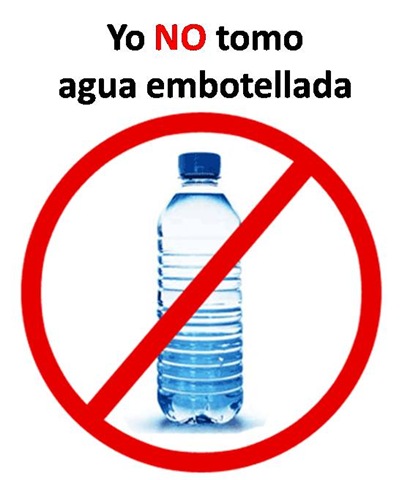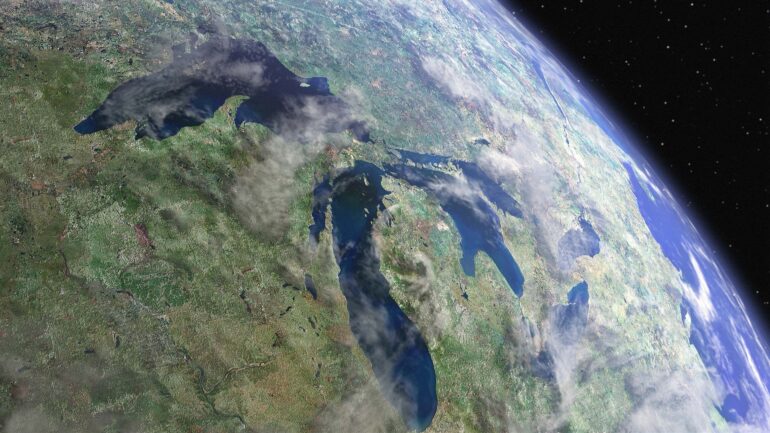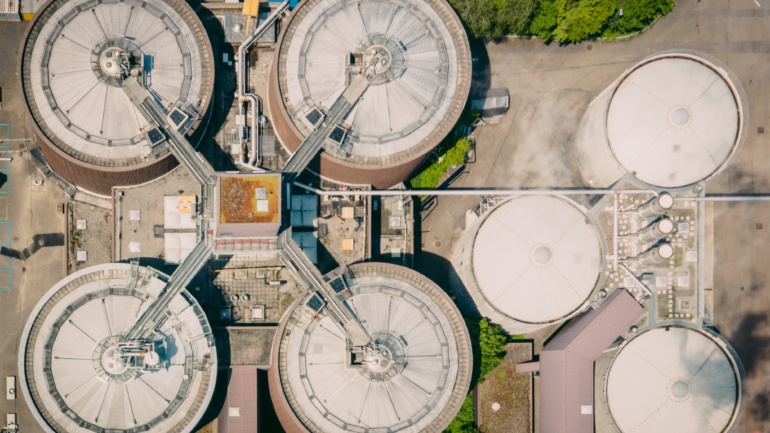By April Day, Publishing Director for Save the Water™ | June 13, 2019
You are in the United States. You want to drink safe water. You heard about the unsafe water in Flint, Michigan. So you buy a bottle of water. Safe, right? Wrong.
Although there are situations where tap water is unsafe, like in Flint, Michigan, the water utility must tell you that it isn’t safe. Some of those water utilities may not tell you right away when they find out, but the United States law called the Safe Drinking Water Act requires them to tell you when your tap water does not meet national safety standards for drinking water.
Surprisingly, this isn’t true for bottled water.1 As a consumer, bottled water companies don’t have to give you as much info about your water as tap water providers. You can take several steps to keep yourself and the environment safe: drink tap water, get it tested, and have a reusable bottle.
What’s the Difference Between Tap Water and Bottled Water?
The United States Environmental Protection Agency (EPA) regulates tap water. That is to say, they monitor its safety on a regular basis. Also, because the Safe Drinking Water Act applies to tap water, water utilities must send consumers a report about how safe the water is and whether it meets national water standards.1
The same can’t be said for bottled water. Instead of the Safe Drinking Water Act applying to bottled water’s safety standards, the Federal Food, Drug, and Cosmetic Act applies to bottled water.2 What does that mean?
It means that the Food and Drug Administration is charged with regulating bottled water.2 The laws that apply differ. For example, the Food and Drug Administration can either apply EPA’s rules for safe drinking water to bottled water…or find “that the standard isn’t necessary for bottled water.”2
The Food and Drug Administration also monitors bottled water plants through inspections. But it doesn’t do them on a regular schedule.1
Do the Differences Really Matter? Yes.
In addition, bottled water has been “recalled.” For what? The following have been found in bottled water:
- Fecal coliform and other bacteria
- Mold
- Glass particles
- Kerosene
- Yeast
- crickets.3
These recalls happen months after the water is on the shelf.4 Not everyone will get the notice.3 Also, the bottle company can still sell the water.1
How many times has this happened? 100 times.3
This doesn’t even get into the damage to the water that the plastic itself can do. In a nutshell, the plastic from the bottle gets into the water. It is reported that the plastic itself leaches chemicals in addition to microplastics into the water.4 According to Dr. Niall O’Leary, a microbiologist at University College Cork’s (UCC) School of Biology and Environmental Research Institute, the current scientific knowledge about the impacts of an expired plastic bottle on human health is a “black hole.”4
Despite the “black hole,” a study out of Mexico linked increased levels of Bisphenol A (BPA) and higher temperatures. Many bottles have BPA. BPA can migrate into the bottled water. Also, BPA is linked to hormone disruption and nervous system problems.4
Want to think again before reaching for that bottled water on a hot day?
By the way, your bottled water can simply be tap water put into a bottle. You pay up to 3,000 times the cost of tap water.
Four Things You Can Do.
Lastly, at least in the United States, bottles of water can simply be plastics bottles containing tap water.2 So, even though there is a risk that the water can be among the private wells that the EPA doesn’t regulate or in a place like Flint, Michigan where the tap water doesn’t meet standards, a bottle of water won’t necessarily help you. Here are things you can do:
- Ask for consumer reports about your tap water.
- If you have a private well, get it tested.
- Buy a reusable bottle for water. There are even non-plastic ones available.
- Stop buying bottled water.
References
- Amy Livingston. “Bottled Water vs. Tap Water – Facts & 4 Reasons to Drink Tap.” Money Crashers. https://www.moneycrashers.com/bottled-water-vs-tap-water-facts/
- “Bottled Water Everywhere: Keeping it Safe.” U.S. Food and Drug Administration. https://www.fda.gov/consumers/consumer-updates/bottled-water-everywhere-keeping-it-safe
- CBS News. “Bottled Water: 10 Shockers ‘They’ Don’t Want You to Know.” https://cbsn.ws/2RfjL70
- Shamim Malekmian. August 22, 2018. “Bottled up problems: water companies sucking aquifers dry.” GreenNews.ie. https://greennews.ie/bottled-water-companies-aquifers-dry/





